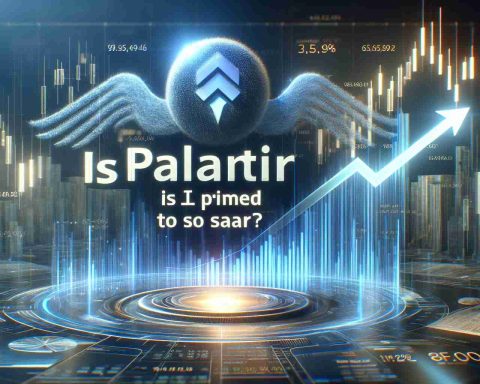Dutch Government to Fortify Investment Laws with Cutting-Edge Tech Integration
The Dutch government has announced its intention to bolster national security by incorporating advanced technologies like biotech and artificial intelligence into its investment screening laws. This strategic move is a response to the increasingly volatile international security climate.
Economy minister Dirk Beljaarts emphasized the urgency of this decision, noting that the Netherlands has become a target for various hybrid threats. These include cyber operations, espionage, and sabotage, which pose risks to Dutch entrepreneurs and their innovative endeavors, as well as the future economic stability of the country.
In addition to biotech and AI, the list of technologies to be added to the law includes nanotechnology, sensor and navigation technology, advanced materials, and nuclear technologies intended for medical applications. The integration of these technologies into existing laws is expected to occur by the latter half of 2025.
The legislation was initially introduced last year, paralleling new restrictions on the export of Dutch semiconductor technology to China, following pressure from the United States. The screening process requires potential acquisitions of essential Dutch infrastructure, real estate, or technology to be reported. These transactions are then paused for an advisory period ranging from eight weeks to six months as the Investment Review Office assesses their national security implications.
This legislative enhancement serves the dual purpose of safeguarding national interests and reinforcing the protection of cutting-edge technological sectors in the Netherlands.
Revolutionizing Security: How the Dutch Government’s New Investment Laws Are Shaping the Future
The Dutch government’s recent announcement to incorporate advanced technologies into its investment screening laws marks a significant milestone in its national security strategy. With a focus on biotech, artificial intelligence, nanotechnology, and more, this initiative aims to shield the nation from emerging hybrid threats while fortifying its economic future.
Innovations and Core Features of the New Legislation
The legislation’s innovative approach lies in its integration of cutting-edge technologies such as advanced materials, sensor and navigation technology, and nuclear applications for medical purposes. These features are designed to provide a robust framework for identifying and mitigating risks associated with foreign investments.
Anticipated Outcomes and Predictions
Scheduled for implementation by the latter half of 2025, these legislative upgrades are expected to have profound implications for the Dutch economy. Experts predict an enhanced ability to deter espionage, cyber operations, and sabotage, thus safeguarding the nation’s innovative domains and entrepreneurial ventures.
Comparative Insights
This move reflects a broader international trend where nations are increasingly aligning their economic policies with national security interests. By paralleling global counterparts, such as the United States’ restrictions on semiconductor exports to China, the Netherlands is proactively positioning itself to maintain economic sovereignty.
Pros and Cons of the Enhanced Screening Process
Pros:
– Strengthening national security by preventing hostile takeovers or manipulations.
– Protecting sensitive technological developments that are critical to future innovations.
– Enhancing investor confidence by providing a stable and secure investment environment.
Cons:
– Potential delays in investment processes due to extended advisory periods.
– Increased regulatory burden on businesses seeking foreign investments.
– Possible diplomatic tensions with countries affected by the restrictions.
Market Analysis and Economic Impact
The government’s strategic focus on high-tech sectors is poised to enhance the competitiveness of the Dutch market on a global scale. This move is likely to attract investments in secure and sustainable technologies, thereby fostering a thriving ecosystem for innovation-led growth.
For more strategic insights and updates on this development, visit Government of the Netherlands.



















